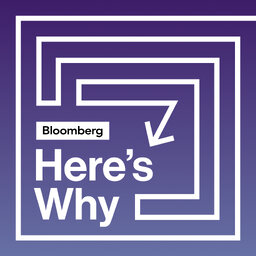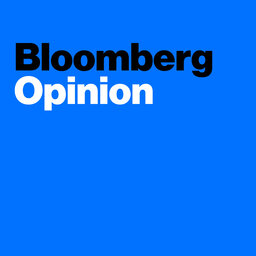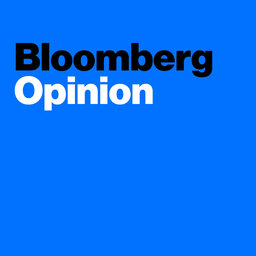BONUS EPISODE: Student Loan Supreme Court Fallout
After the Supreme Court threw out President Biden's plan to cut student loan debt, more than 40 million people are preparing to resume payments on their debt. And it's not just former students who could feel the pain. The broader economy could also take a hit. Bloomberg's Denise Pellegrini has details in this special report.
In 1 playlist(s)
Bloomberg Opinion
Deeper conversations on the week's most significant developments. Tune in and join in!Social links
Follow podcast
Recent clips

Introducing 'Here's Why' - Complex News Stories Explained
00:30

Airline Mergers and Restaurant Loyalty
35:20

Fossil Fuel Use and Drug Development
35:28
 Bloomberg Opinion
Bloomberg Opinion